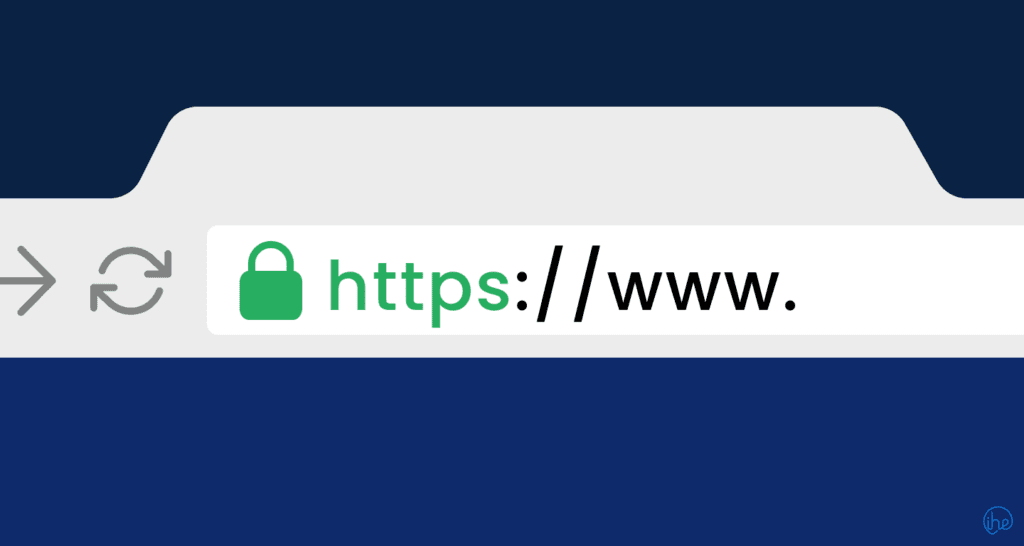Hey there! 👋 I’m Vikas Sankhla, your tech buddy from Web Codder. Today, I’ll explain HTTP and HTTPS in the easiest way possible.
Imagine you’re sending a letter 📨 to your friend. You write a message, put it in an envelope, and mail it. That’s how websites and browsers talk using HTTP or HTTPS!
🔍 What is HTTP?
HTTP stands for HyperText Transfer Protocol.
- It’s a set of rules that lets your browser (like Chrome) talk to a website.
- It sends messages (requests) and gets answers (responses).
🧒 Example:
You: Hey google.com, I want to see the homepage.
Google: Here you go! [HTML, CSS, JS...]
This talking is done using HTTP.
🔒 What is HTTPS?
HTTPS is just HTTP + Secure! 🔐
- It adds encryption using something called SSL/TLS.
- This keeps your data safe while traveling across the internet.
🧒 Simple Example:
Without HTTPS:
You: My password is 12345
Anyone watching: 👀 Sees your password
With HTTPS:
You: My password is encrypted
Anyone watching: ❌ Can’t read the data
📦 What Happens in a HTTP Request-Response Cycle?
Every time you open a website, 4 steps happen:
1. You Send a Request
- Your browser sends a request to the website’s server.
- It says: “Hey, I want this page.”
2. Server Processes It
- The website reads your request and prepares a reply.
3. Server Sends a Response
- It sends back the data: HTML, images, videos, etc.
4. Your Browser Shows It
- Your browser displays everything nicely.
![6. Http &Amp; Https Protocols 1 Request ➡️ Server ➡️ Response ➡️ Display]](https://webcodder.dev/wp-content/uploads/2025/05/1_AUQ76TzKKlnX5UyVgNrsow-1024x447.png)
📡 Request Methods in HTTP
There are different ways to ask the server for stuff:
| Method | Meaning |
|---|---|
| GET | Get data (like loading a page) |
| POST | Send data (like submitting a form) |
| PUT | Update something |
| DELETE | Remove something |
🧒 Example:
GET /products
POST /login
🧾 Status Codes You Should Know
When the server replies, it gives you a number (status code):
| Code | What It Means |
|---|---|
| 200 | OK! Everything’s fine ✅ |
| 404 | Page not found ❌ |
| 500 | Server error 😵 |
| 403 | Not allowed 🚫 |
🛡️ SSL/TLS: The Security Layer
SSL (Secure Sockets Layer) and TLS (Transport Layer Security) are like secret handshakes. 🤝
- Before data is sent, they create a secure tunnel.
- This keeps hackers from reading your messages.

🏢 Who Gives These HTTPS Certificates?
Trusted companies called Certificate Authorities (CAs) issue SSL certificates.
Some examples:
- Let’s Encrypt (Free ✅)
- DigiCert 🔐
- GoDaddy
These certificates prove: “Yes, this website is real and secure.”
🌍 Why HTTPS Matters Today
- It protects passwords, credit card info, and chats 💳
- Google ranks HTTPS sites higher 📈
- Browsers warn users if a site is not secure ⚠️
So always look for this: 🔒 https://your-site.com
✅ Quick Summary Table
| Feature | HTTP | HTTPS |
|---|---|---|
| Secure? | ❌ No | ✅ Yes |
| Uses SSL/TLS? | ❌ No | ✅ Yes |
| Data encrypted? | ❌ No | ✅ Yes |
| SEO friendly? | ❌ No | ✅ Yes |
🎓 Final Thoughts (Like a Big Bro’s Advice)
If you ever create a website, always use HTTPS. It builds trust and keeps users safe.
You don’t need to be a hacker to understand the internet. You just need a little curiosity and fun explanations like this! 😉
📣 Subscribe & Stay Connected!
Want more tech explained in easy language? Join me!
🔔 Subscribe to my YouTube channel Web Codder
Let’s make tech simple, one post at a time! 🚀



